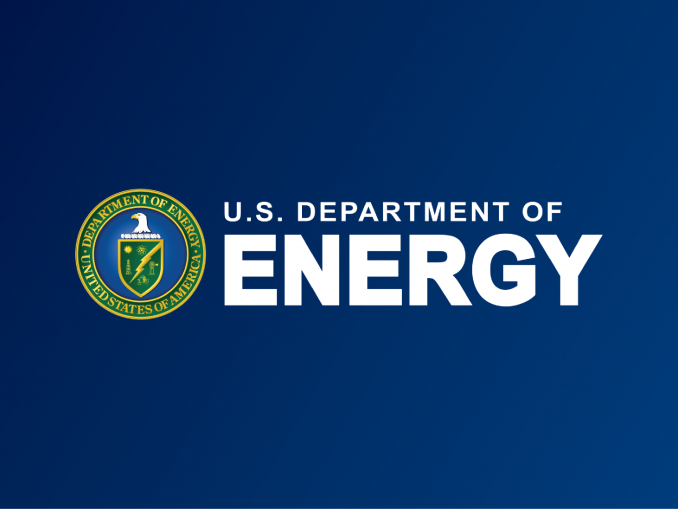Advancing Clean Hydrogen Technology: DOE Funds Projects to Reduce Carbon Footprint
Key Ideas
- Six projects in the U.S. receive $9.3 million to develop technology solutions for clean hydrogen production for various applications.
- Focus on converting waste feedstock materials into clean energy to support decarbonization goals.
- Projects aim to advance hydrogen systems, reduce carbon footprint, and create economic opportunities by converting waste into energy.
The U.S. Department of Energy’s Office of Fossil Energy and Carbon Management has announced funding of approximately $9.3 million for six projects aimed at developing technology solutions to enhance the availability and affordability of clean hydrogen. These projects will focus on converting varied waste feedstock materials into clean energy to support the Biden-Harris Administration’s decarbonization goals.
The projects selected will work towards advancing hydrogen systems that have superior environmental performance. The use of hydrogen is crucial for achieving zero or near-zero emissions in various sectors such as industry, transportation, and electricity generation. By investing in projects that integrate hydrogen-based systems with carbon capture, the aim is to reduce the carbon footprint and production costs of clean hydrogen.
Clean hydrogen can be produced through diverse pathways including natural gas with carbon capture and storage, water splitting using renewable energy sources, and gasification of biomass and wastes. Gasification of biomass, plastics, and household garbage coupled with carbon capture and storage is seen as a cost-effective and environmentally friendly method for producing clean hydrogen.
The selected projects will focus on improving the performance, reliability, and flexibility of methods to produce, transport, store, and use hydrogen. Additionally, these projects will help communities by reducing landfill waste and creating economic opportunities through waste-to-energy plants.
Key projects include the development of a gasifier feed control system by GTI Energy, a system for clean hydrogen production from various feedstocks by Lehigh University, and an AI-powered sensor system for gasification-based systems by Stevens Institute of Technology. Other projects aim to enhance the efficiency of biomass feedstock gasifiers and demonstrate hydrogen-blended natural gas turbine systems with carbon capture.
These initiatives align with DOE’s Hydrogen Shot initiative, which aims to significantly reduce the cost of clean hydrogen production in the United States. By investing in clean hydrogen technology, the DOE is driving innovation in sustainable energy solutions and supporting the transition to a low-carbon economy.
